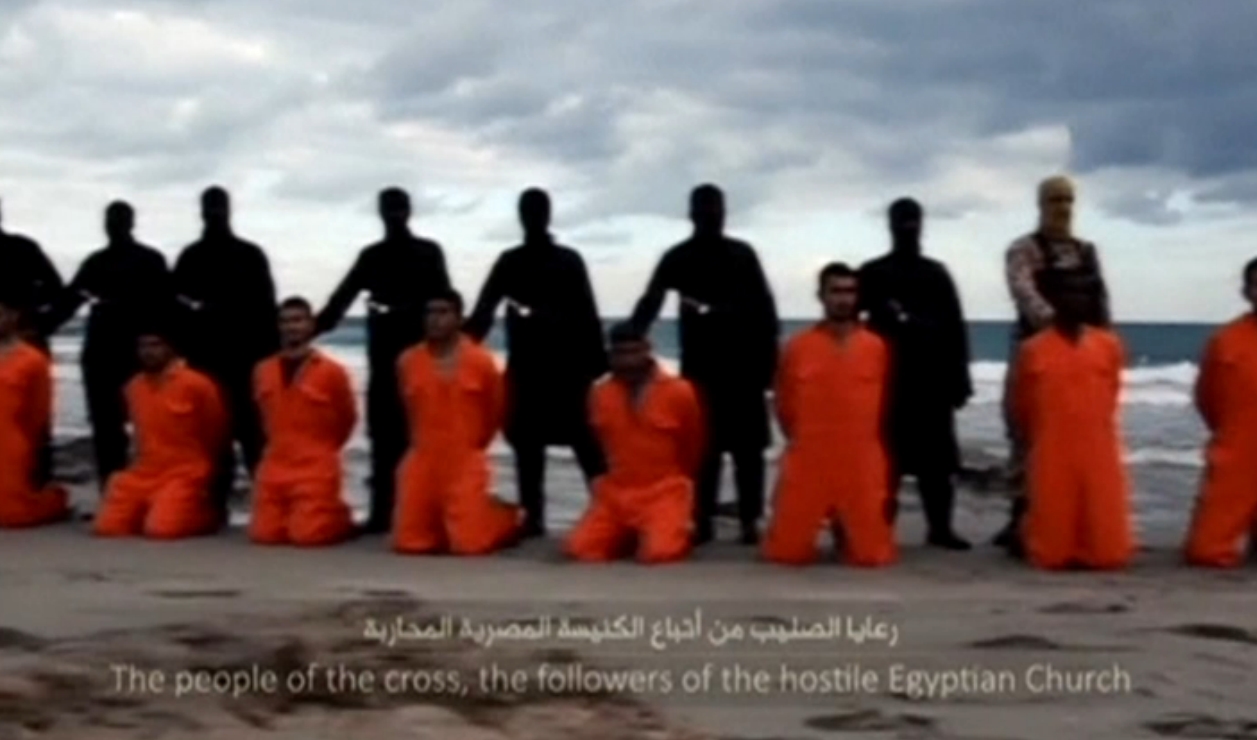GENEVA-The United Nations voiced “extreme alarm†today at reports of “atrocious human rights violations†in Libya, including mass summary executions apparently carried out by Colonel Muammar al-Qadhafi’s forces in the last few days before they lost Tripoli, the capital.
“We are also deeply concerned about reports that there are still thousands of people unaccounted for who were arrested or taken prisoner by Qadhafi security forces either earlier in the conflict, or before it even started,” UN High Commissioner for Human Rights (OHCHR) spokesperson Rupert Colville told a news briefing in Geneva.
“Given the gruesome discoveries that have taken place over the past few days, there is good reason to be extremely concerned for their safety. We urge any members of the former regime in a position to reveal where prisoners have been held to do so, before more lives are lost.”
Mr. Colville stressed it was of the utmost importance that these crimes and other serious violations of international human rights law be properly fully investigated as the first steps towards accountability and justice for the victims and their families.
“We once again urge both sides to exercise restraint and refrain from committing further human rights violations or acts of retaliation.”
Meanwhile the UN World Food Programme (WFP) is scaling up its logistical support for the humanitarian relief effort in the strife-torn North African country, sending in urgent supplies of food, water, medicine and fuel to Tripoli, the coastal areas and the Nafusa mountain region where rebels, recognized by much of the international community, have ousted pro-Qadhafi forces.
The aid includes 600 tons of staple food commodities – including wheat flour, pasta, vegetable oil and tomato paste – for distribution by the Libyan Red Crescent for more than 35,500 conflict-affected and displaced people for one month.
A WFP vessel is carrying 500,000 litres of water on behalf of the UN Children’s Fund (UNICEF) from Malta to Tripoli and, at the request of Libya’s National Transitional Council (NTC), is looking to procure 250,000 tons of petrol to cover immediate life-saving needs for one month.
Fuel supplies have been disrupted by the fighting, and water and electricity depend on fuel-run generators. Fuel is also required for hospitals, ambulances and vehicles to distribute critically needed medicines, food, water, and other supplies.
Last week WFP delivered 500 tons of food to the Gheryan area in north-western Libya, where an estimated 200,000 people are in need of food, and has completed delivery of another 495 tons of mixed food to the Zliten region, enough to feed 15,000 people for one month.
Source: U.N.


